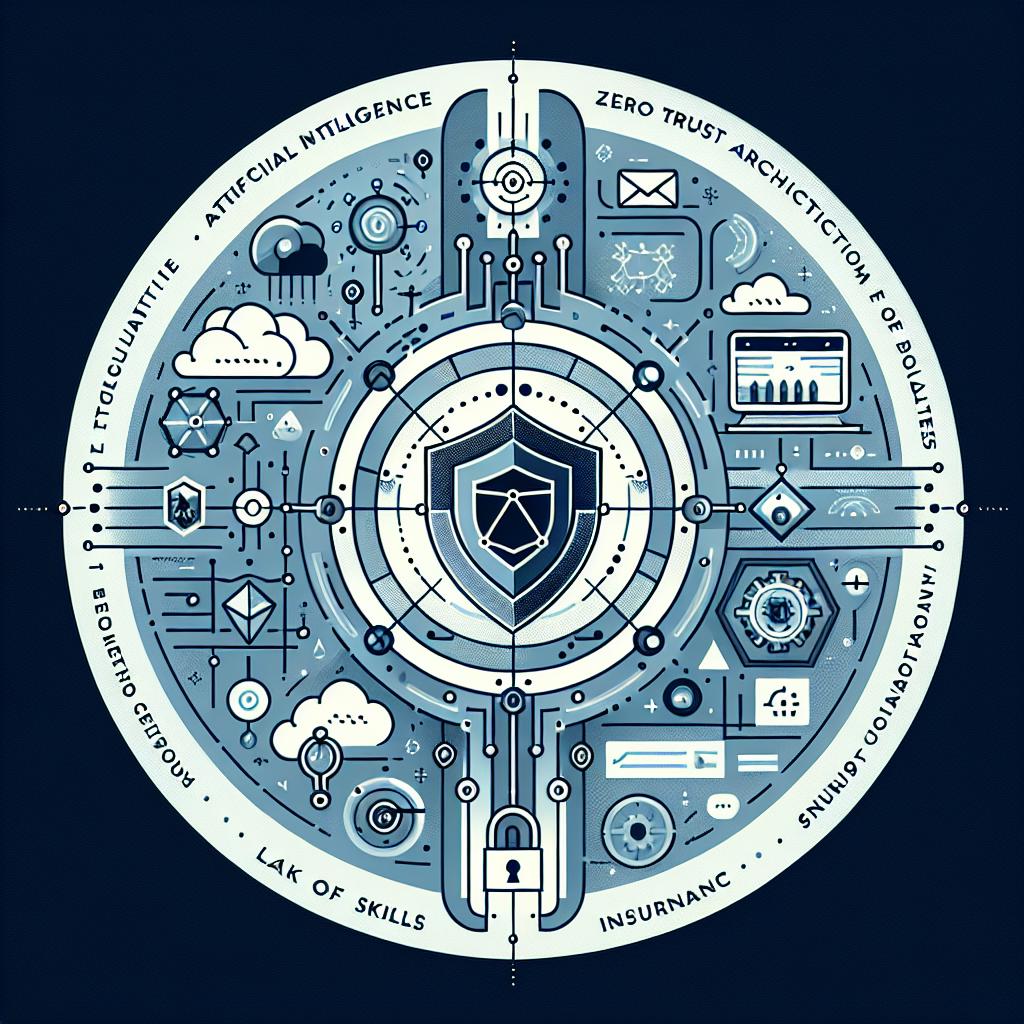In the world of network security, Nmap (Network Mapper) stands out as one of the most powerful and widely used tools for network discovery and security auditing. However, while Nmap itself is relatively straightforward to use for basic scans, its true power lies in its scripting engine (NSE - Nmap Scripting Engine). NSE allows users to write and execute scripts that automate a wide range of network tasks, from vulnerability detection to advanced reconnaissance.
For non-experts, though, leveraging NSE can be intimidating. Writing or customizing scripts requires programming knowledge, understanding of network protocols, and familiarity with security concepts. This is where Artificial Intelligence (AI) steps in to simplify the process, making advanced Nmap scripting accessible to a broader audience.
Understanding the Challenge for Non-Experts
Before diving into how AI helps, it’s important to understand the barriers non-experts face with Nmap scripting:
- Technical Complexity: NSE scripts are written in Lua, a lightweight programming language. Non-experts may not be familiar with Lua syntax or programming logic.
- Protocol Knowledge: Effective scripts often require deep understanding of network protocols and vulnerabilities.
- Customization Needs: Off-the-shelf scripts may not fit every scenario, requiring users to tweak or write new scripts.
- Interpreting Results: Even after running scripts, interpreting the output can be challenging without security expertise.
These challenges can discourage non-experts from fully utilizing Nmap’s capabilities.
How AI Simplifies Nmap Scripting
1. Automated Script Generation
AI-powered tools can generate NSE scripts based on natural language descriptions. For example, a user might input: “Scan for HTTP servers with outdated SSL configurations.” The AI can then produce a tailored Lua script that performs this specific check, eliminating the need for manual coding.
2. Script Customization Assistance
Instead of writing scripts from scratch, users can provide existing scripts and ask AI to modify them according to new requirements. For instance, “Add a timeout of 5 seconds to this script” or “Change the target port to 8080.” This lowers the barrier to customization.
3. Natural Language Querying
AI interfaces can allow users to interact with Nmap through conversational queries. Instead of memorizing command-line options or script names, users can describe what they want to achieve in plain English, and the AI translates that into the appropriate Nmap commands and scripts.
4. Enhanced Learning and Documentation
AI can generate explanations and tutorials tailored to the user’s level of expertise. If a user runs a script and doesn’t understand the output, AI can provide a simplified explanation or suggest next steps, making the learning curve less steep.
5. Intelligent Result Analysis
Post-scan, AI can analyze the results and highlight critical findings, suggest remediation steps, or even correlate data from multiple scans to provide a comprehensive security overview. This helps non-experts make informed decisions without deep security knowledge.
Practical Examples
- AI-Powered Script Recommender: A tool that suggests the most relevant NSE scripts based on the user’s network environment and goals.
- Chatbot Integration: A chatbot that guides users through scan setup, script selection, and result interpretation.
- Script Debugging Assistant: AI that helps identify errors or inefficiencies in custom scripts and suggests fixes.
Benefits Beyond Accessibility
While AI primarily helps non-experts, it also benefits experienced users by speeding up script development, reducing errors, and enabling rapid prototyping of new scanning techniques.
Conclusion
AI is transforming how network security tools like Nmap are used by democratizing access to advanced features such as scripting. By automating script generation, enabling natural language interaction, and providing intelligent analysis, AI empowers non-experts to harness the full potential of Nmap without needing deep programming or security expertise. As AI continues to evolve, we can expect even more intuitive and powerful integrations that make network security accessible to everyone.



